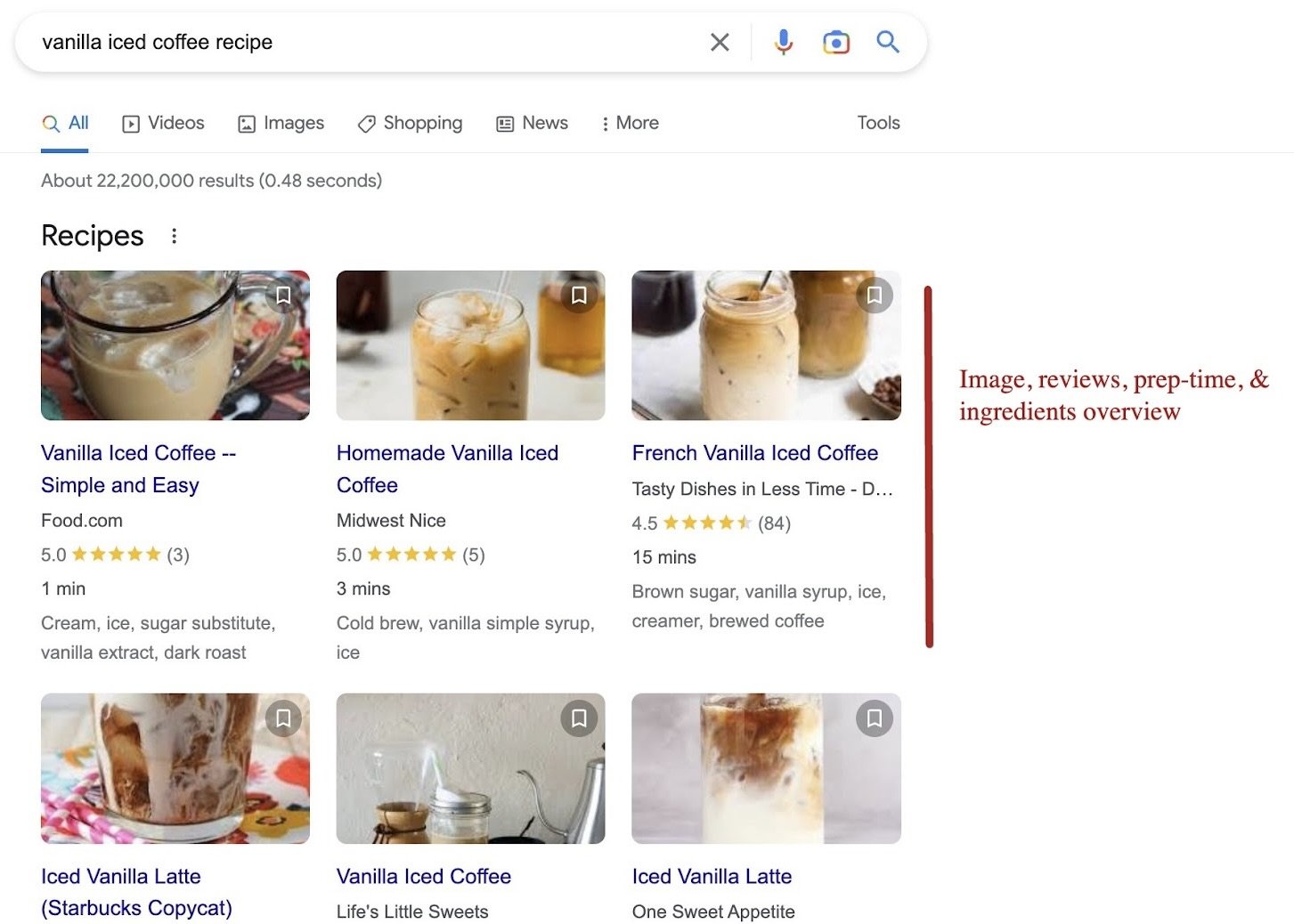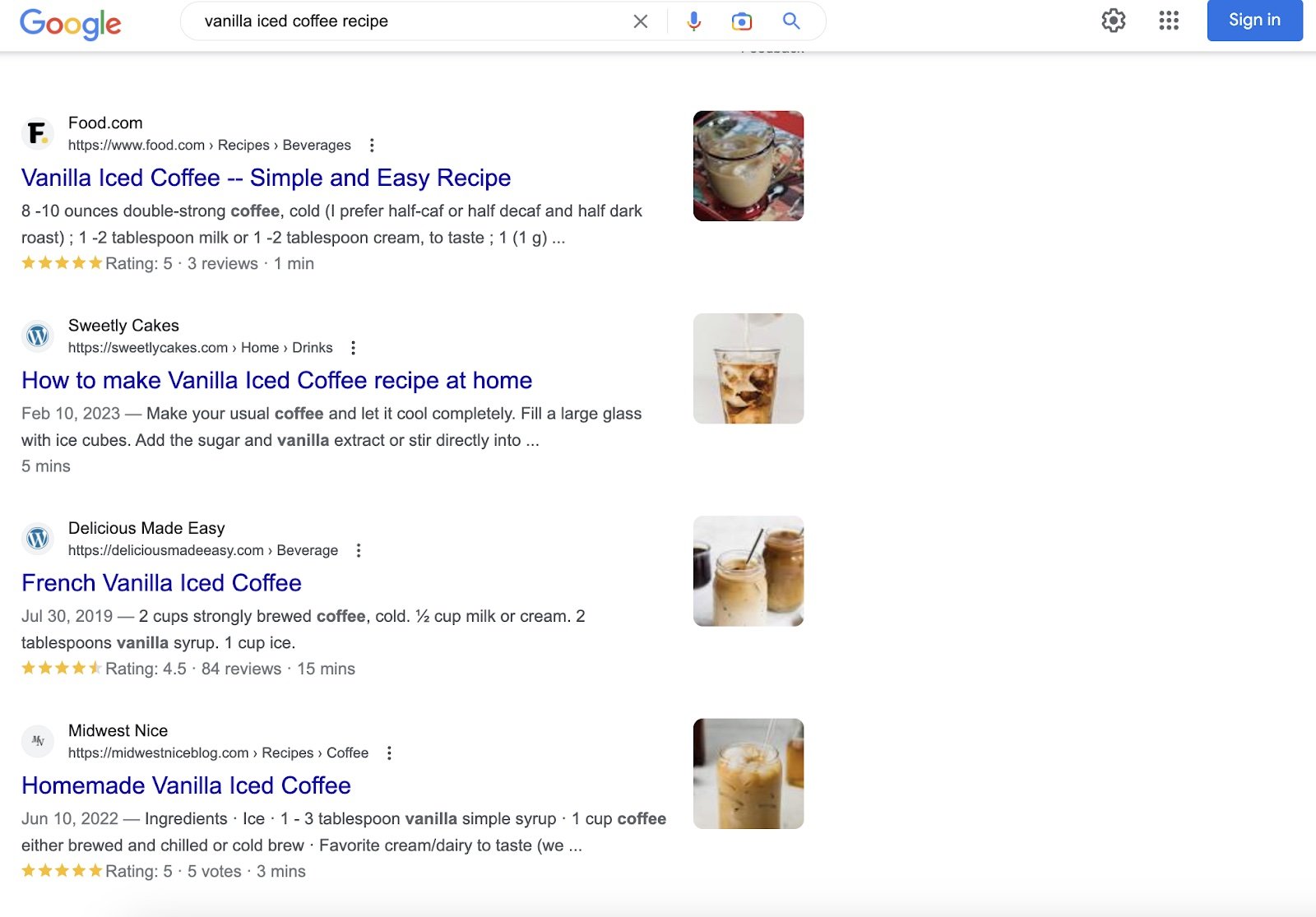Technical SEO: 3 Important Tactics To Boost Traffic
Reading Time: ~3 Mins | Written By: Jason Serafica
Technical SEO is an important factor to consider when planning your overall SEO strategy. It focuses on optimizing the website through its content and other on-page ranking factors in order to boost search visibility.
Optimizing the technical aspects of your website can boost user experience and the page’s indexability. With that being said, technical SEO can help maximize organic search performance and long-term growth for businesses.
The 3 most important factors to consider for technical SEO includes:
Meta tags for keyword targeting
Analyze the website for internal linking opportunities
Including the properly structured data
SEO Tags
Refers to the html that provides information about the website to search engines. The two main tags for SEO are meta title tag (page title) and meta description tag (page description). When optimizing meta tags for SEO, ensure that you are targeting the proper keywords for search engines to identify.
SEO title and meta description example from “5 UX Factors That Can Maximize SEO Performance”
Page Title
No more than 60 characters
Catchy and entices users to click and visit the page
Includes the primary keyword at the beginning of the title
Directly informs users what the page is about
Meta Description
No more than 155 characters
Describes the page & clearly supports/reflects the SEO title
If possible, include the keyword in the beginning of the meta description - however not required for rankings
Provides additional context to increase clicks and website visits
Internal Linking
This technique allows search engines to better understand the structure of the website and its relevance. Adding internal links on the page also provides users with the ability to navigate through related pages on your website. Therefore, this can boost interaction, engagement and overall user experience, leading to improvement in search engine rankings.
Benefits of Internal Linking
Boost link equity from one page to another (sending authority from one page to another)
Create a page hierarchy, indicating the most important pages on the website
Users are able to find additional content and related pages during their website session
Internal Linking Best Practices
Simplify and be direct when adding anchor text
For example, instead of using a lengthy-phrase like "Click here to learn more about our services," use "Learn more."
Only add keywords if relevant, and should not be “over-optimized”
“Over-optimized” refers to excessive keyword usage in an attempt to manipulate search engine rankings
Anchor text should be relevant to the linking page and overall context
Logical and easy for both users and search engines to follow
Structured Data Implementation
An HTML code that informs search engines of additional context about a page, which results in better search visibility and organic performance. Structured data can be used on multiple content types such as recipes, upcoming events, FAQs, articles and more. The addition of structured data allows search engines to display additional content on the results page, which can boost clicks and increase website traffic.
Benefits of Structured Data
Boost click-through-rates by displaying additional context on the results page
Provides more valuable information to users
Boost visual appeal on the search engine results page
You can use Merkle’s Structured Data Markup Helper, to generate the script and implement it on the website
Bonus: Learn about structured data tools and learn the step-by-step instructions on how to generate scripts easily.
Simply fill out the form and add the necessary information. Once filled, you can copy the generated script on the right side and add to the backend of the page - either the <head> or <body>.
Technical SEO is essential for ensuring that a website is properly optimized for search engines and provides a strong user experience, which can lead to improved search engine rankings, visibility, and traffic.
Want to take your SEO knowledge up a notch? Check out our Digital Marketing Bootcamp to learn, and have access to resources developed by some of the most reputable marketing experts. Scholarships & funding are available.





